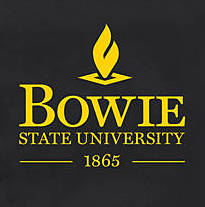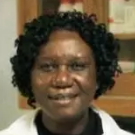 Bowie State University, the historically Black educational institution in Maryland, has announced the establishment of two new academic programs in hydroponics and aquaponics. Hydroponics is a technique used to grow and produce food crops in a closed-loop system that reduces the use of water resources without the need for chemical fertilizers. Aquaponics is the integrated culture of fish, plants, and beneficial microorganisms grown in a soilless environment.
Bowie State University, the historically Black educational institution in Maryland, has announced the establishment of two new academic programs in hydroponics and aquaponics. Hydroponics is a technique used to grow and produce food crops in a closed-loop system that reduces the use of water resources without the need for chemical fertilizers. Aquaponics is the integrated culture of fish, plants, and beneficial microorganisms grown in a soilless environment.
By 2050, food production must double to meet the demand of the world’s growing population and innovative strategies such as soilless agriculture are needed to help combat hunger. This unconventional way of growing crops and producing protein is ideal for gardening with small spaces of land or can be installed indoors, on rooftops, or in the backyards of urban areas.
 Dr. Anne Osano, an associate professor of biology in the department of natural sciences and leader of the new programs, explains that fish and plants grow in one ecosystem, eliminating the waste they separately produce by turning it into something of use. The waste created by the fish becomes a food source for beneficial microorganisms, which convert it into mineral nutrients for the plants. The plants act as a natural filter, cleaning the water for the fish. It’s essentially zero-waste agriculture.
Dr. Anne Osano, an associate professor of biology in the department of natural sciences and leader of the new programs, explains that fish and plants grow in one ecosystem, eliminating the waste they separately produce by turning it into something of use. The waste created by the fish becomes a food source for beneficial microorganisms, which convert it into mineral nutrients for the plants. The plants act as a natural filter, cleaning the water for the fish. It’s essentially zero-waste agriculture.
Dr. Osano holds a bachelor’s degree, a master’s degree, and a Ph.D. in plant science from the University of Nairobi in Kenya.

